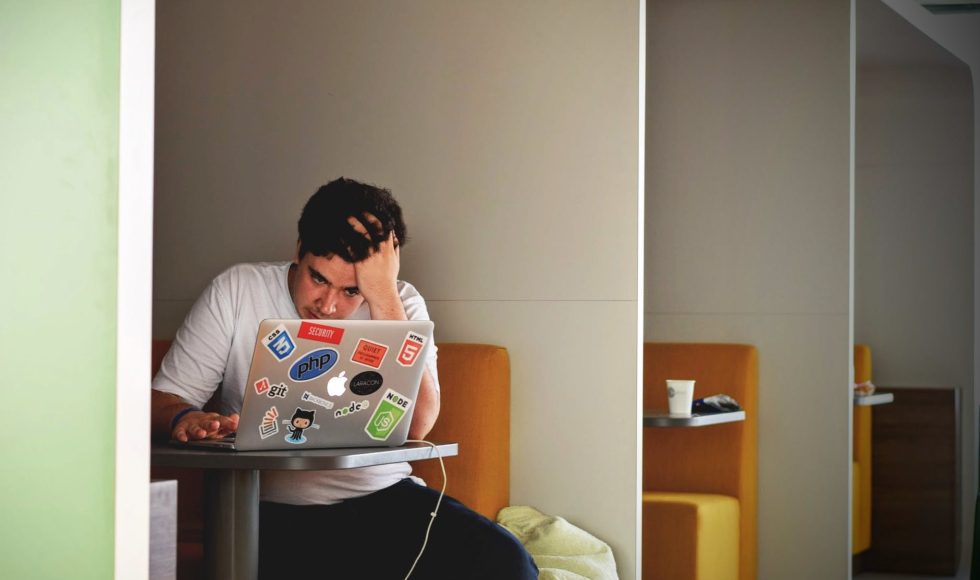Drs. Marnie Vanden Noven, Michael Hudson & Mary Clark from Belmont University talked about the struggle students are facing and the difficulties of coming back to campus in the fall as part of the Lilly 2021 conference. I know this topic has been on my mind as I worry about teaching in the fall. Their title: “The Struggle is REAL!” is indeed true: we face a transition back after navigating online learning and significant losses. Clark talked about the unprecedented circumstances and losses we have endured… and the mental and emotional toll. Clark described the impact of interrupting routine human interaction. Students, educators, and parents were not prepared. Everyone is “Zoomed out” and disengaged students and absenteeism are challenges we have as educators. “How do you learn in an environment you have never had to learn in before?” was a question Clark asked that I had not really thought about. How do we prepare for another pivot? Clark recommended: REAL:
- Recommendations
- Have an idea of what students are bringing with them.
- We are all in this together
- Accept the circumstances
- Engagement
- Intervene
- Collaborate with others to share the load
- Utilize campus resources
- Assessment
- Test scores are not the only indicator for academic success
- Consider the circumstances
- Leveling
- Review of general concepts
- Every challenge is an opportunity to teach skills
- Campus-wide approach from matriculation to retention
Hudson described the importance of community creation and challenged us to think about collaboration on the classroom scale: group work is not enough. Hudson recommended “projects that include and encourage the class as a whole” and explained how she uses “pitches” before the class to create a class community. Hudson talked about accountability and interdependence. Then, Hudson talked about giving up control and allowing students to create a communal syllabus. Hudson explained how she uses grace and compassion by being flexible, yet grading “hard.” Vanden Noven listed faculty strategies for courses, including allowing retakes on tests & assignments, flexibility in time, expanded outlines/slides/and notes, assessments over fewer chapters, and vary where you hold your student hours. Vanden Noven mentioned a study guide assignment to create, share, and improve study guides. This assignment sounds awesome! Universal Design for Learning, continuity across course sequences, and the use of low stakes/no stakes assessments were also mentioned. Importantly: Vanden Noven said: “simply show you care!” Several institutional strategies were shared, and what resonated with me was more communication between faculty and advisors through an early alert system. At the end, there were several great questions. One point raised was to keep in mind people who may be suffering from post COVID-19 symptoms (“long haulers”) and the rise in anxiety cases. I certainly struggled this year with anxiety and felt rolling panic attacks at one point. I know that while the instructional tools and student support policies can be learned, I am not ready for some of the personal and student struggles that we will face. The pandemic also made me aware of how much of an introvert I am even though I may appear not to be…While hiding under my desk won’t be an option, I hope the transition allows me to use the energy I get from interacting with students in the classroom and lab to deal with the inevitable struggles we will face.



